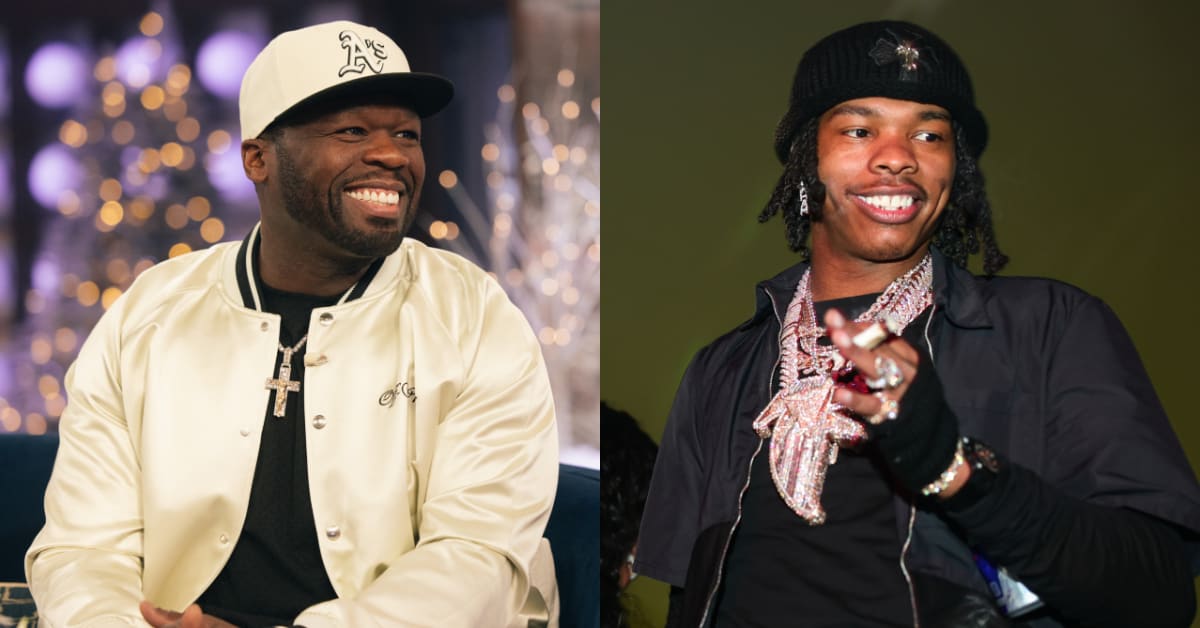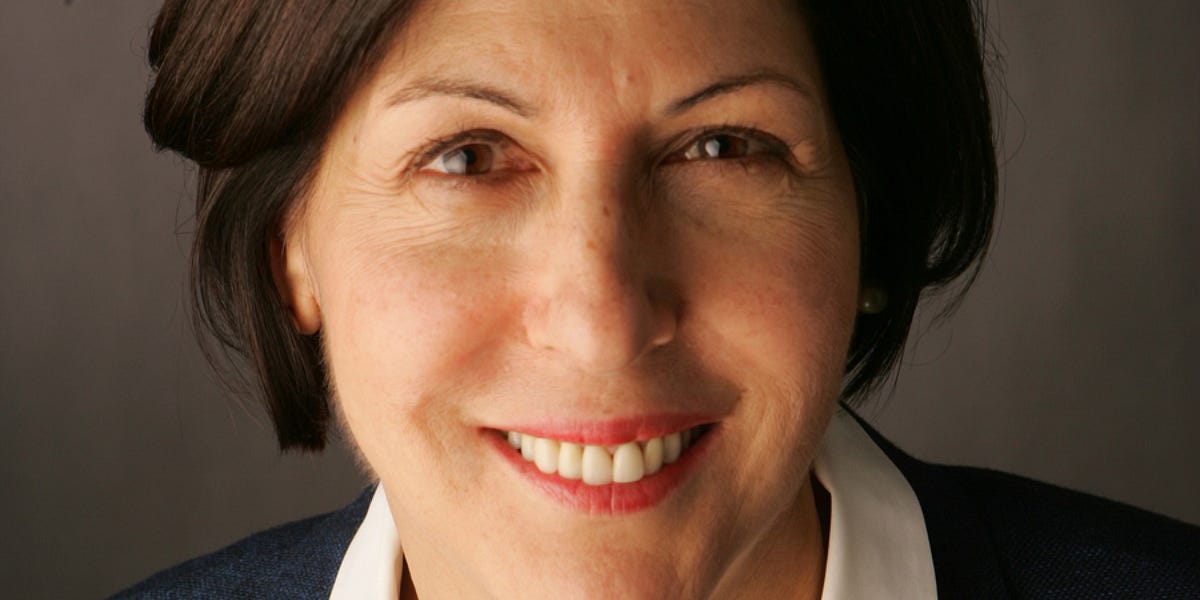Fashion
Fashion Diplomacy

By Charles Oronsaye
For a continent that has endured profound economic hardships in the wake of colonialism, Africa has had to battle for recognition and a seat at the global table. This struggle spans multiple fronts, from technological innovation to fashion. As the founder of a contemporary fashion company, I am acutely aware of the significance of the African voice in the global fashion discourse. However, my intent here is not to dwell on the enduring impact of colonialism, or lament lost years. Such matters have been extensively documented. Yet, it would be remiss not to acknowledge the marginalisation of our traditional styles, hairstyles, and the broader perception of our way of life as primitive. Thankfully, those bygone days are behind us, and with a sense of pride, I affirm that our continent is increasingly gaining recognition, becoming the belle of the ball.
Nevertheless, there is more to our journey than simply being the object of fascination. Beyond mere visibility lies a deeper narrative—one of cultural diplomacy and soft power, woven intricately through the fabric of African fashion. Fashion serves as a universal connector, transcending boundaries of race, culture, and language. It functions as a tool for individuals to express themselves and navigate life’s complexities, providing a unique platform for dialogue.
African fashion, with its diverse range of textiles, colours, and patterns, has become a distinctive dialect in this global conversation. Designers across Africa are creating garments that not only showcase their cultural origins and heritage but also resonate with an international audience, promoting cross-cultural understanding and recognition through the medium of style. Given fashion’s universal appeal, it is only natural that it has emerged as a subtle diplomat in the international relations ecosystem.
Through the import and export of fashion, bridges are built, and connections are forged beyond borders and cultural divides. Historical examples abound where fashion has served as a conduit for diplomacy. For instance, the Japanese leveraged the iconic kimono to strengthen diplomatic ties—an example of this was in 2014, during the 150th anniversary of the establishment of diplomatic relations between Switzerland and Japan. In addition, Indian textiles played a pivotal role in shaping relations between India and Britain through entities like the East India Company. This historical exchange has left an indelible mark on British fashion, continuing to influence contemporary styles to this day.
How then, has African fashion become a major player in transforming the clothing industry and shaping cultural diplomacy? Let’s explore that together.
Folake Coker of Tiffany Amber made history in 1998 as the first ready-to-wear brand in Nigeria and later in 2008 as the first African-based fashion brand to showcase twice at the New York Fashion Week. This was no small feat; it opened the eyes of the fashion world and prompted a genuine reevaluation of Africa’s contributions to the global fashion community. But before Folake, Chris Seydou, famously known as the “father of African fashion,” worked for Yves Saint Laurent and Mic Mac, showcasing the Malian mudcloth, known locally as “bogolanfini” at the global stage. In the 1960s and 1970s, during the decolonisation era, Malian President Modibo Keïta and a host of other diplomats promoted bogolanfini as a symbol of national identity and cultural pride.
From that pivotal moment to the present, numerous African-based designers and designers of African descent have graced some of the most illustrious runways. The runways of Paris, Milan, London, and New York stand as a testament to the brilliance and uniqueness that Africa brings to the industry as an increasing number of African and African-inspired designs emerge. This visibility continues to elevate African fashion and position it as a cultural ambassador representing the continent’s rich tapestry of traditions and creativity.
With the current structure of the fashion industry designed around fashion weeks and their celebrated runways, African fashion weeks have become prominent fixtures on the international calendar, serving as platforms for cultural exchange and diplomacy. Through these events in Accra, Lagos, and South Africa, amongst others, designers, influencers, professionals, and fashion enthusiasts from all over are brought together to form a hodgepodge of cultures, tastes, and ideas; a beautifully crafted intersection. These fashion weeks give African fashion room to showcase its prowess and grow cross-continental connections while dismantling stereotypes—a soft form of diplomacy—through a shared appreciation for style.
At the local level, African fashion empowers communities through designers’ engagement of artisans, which boosts economic development back home. Through ethical and sustainable practices where applicable, we are able to create employment opportunities for our people back home. These values align with global fashion trends like sustainable fashion, preserving ancient and traditional production methods, social responsibility, and authenticity, further strengthening the continent’s soft power on the world stage.
As we, African designers, continue to showcase the diversity and creativity embedded in our continent’s traditions, we contribute not only to the aesthetics of the fashion world but also to the soft power of the motherland Africa, making it a compelling force in the ever-evolving landscape of international relations.










